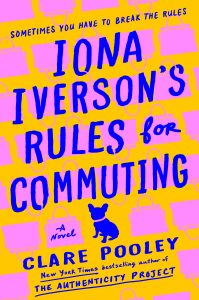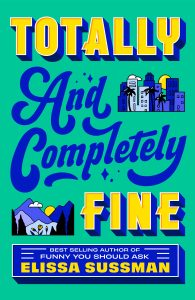
Édouard Louis’s brief, blazing portrait of his mother is both elegy and emancipation narrative. In fewer than a hundred pages he traces a life hemmed in by class and by men, then records the moment at forty five when that life breaks open and begins again. It is personal writing that keeps one eye on the private wound and the other on the social machinery that caused it.
What the book is about
Louis looks back on a childhood shaped by poverty and gendered violence, then turns the camera toward the woman at the center of it. His mother endures humiliations that feel routine in their world, raises children inside narrow expectations, and for years seems resigned to a fate chosen for her. The shock of the book is not the suffering. It is the revolt. She leaves, reclaims work and friendship and desire, and slowly builds a freedom that once looked impossible.
How it reads
The prose is spare, composed of short, concentrated chapters that accumulate like blows. Louis often stages the act of writing itself, addressing his mother directly, admitting shame, impatience, and the complicity of a son who fled. That self awareness keeps the book honest. The tone stays tender without softening the facts.
Themes that linger
- The personal is political: Class domination and male violence are not background. They shape bodies, choices, and even the size of a person’s dreams.
- Mother and child, love and harm: Louis captures how intimacy can carry both care and cruelty. A son can feel proud and resentful at once, a mother can love and still wound.
- Late liberation: The most moving pages insist that transformation is possible after midlife, not as a miracle but as a sequence of small, stubborn acts.
Why it works
Louis writes with the lucidity of memoir and the bite of social critique. He refuses easy redemption arcs, yet the final image is one of hard won dignity. Readers who respond to Annie Ernaux or Didier Eribon will find the same fearless clarity here, with an added warmth that comes from watching a parent step into a life of her own making.
A small caveat
The book’s concision is part of its force, though some may wish for a fuller sociological frame or fewer meta reflections on writing.
Bottom line
Combats et métamorphoses d’une femme is a compact powerhouse about class, gender, and the courage to change. It is also a love letter from a son who learned too late how to look closely.
Get your copy here: https://amzn.to/4o34rIC


